
The investigators looked at various self-reported dietary items, including cherries and other unrelated foods. They found that the intake of cherries before an attack of gout reduced the likelihood of experiencing an acute attack of gout by one thirdcompared with the intake of unrelated foods.
Possible explanations:
Cherry extract blocks the tubular reabsorption of urate and increases urate excretion in the urine. Cherry juice may also block xanthine oxidase and reduce the production of uric acid.
Cherry extract has a synergistic effect with allopurinol. Moreover, cherries contain anthocyanins, which are somewhat anti-inflammatory.
(source: Medscape News, Jonathan Kay MD)



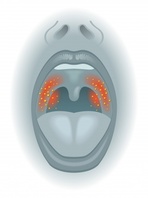
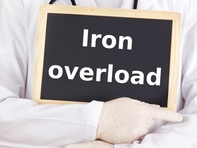
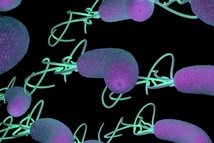

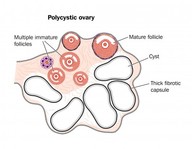
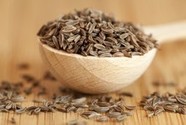
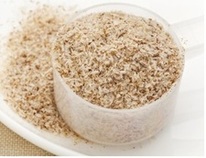
 RSS Feed
RSS Feed